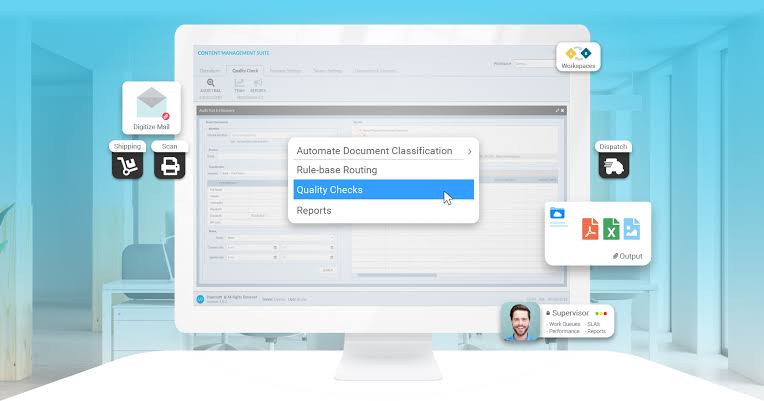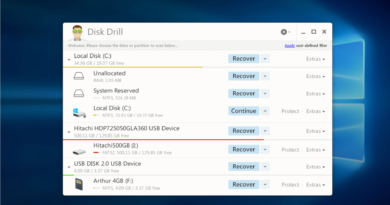How Can Digital Mailroom Software Eliminate the Challenges Faced When Entering Data Manually?
Mailrooms are an integral part of mail and package delivery processes. They are often the only point of contact between recipients and mail staff. Therefore, mailroom operations need to be smooth and efficient to give the best customer experience possible.
Unfortunately, though, that is not always the case. Mailrooms traditionally have relied on a paper trail to keep track of incoming mail. Whenever a new package is received, it undergoes a few steps before dispatch to the recipient. It enters a logbook or directory, assigned storage space, and then sorted for delivery. All these processes are currently done manually by the mailroom operator. This increases the time for each operation, introduces room for error, and presents other difficulties.
To get rid of these challenges, technology has come to the rescue. After being used extensively in the healthcare and automotive industry, it also makes inroads into the mailroom industry. Digital mailroom software is becoming increasingly popular with mailrooms. They digitize the mailroom and enable workflow automation, replacing the sea of paper trails with a digital database.
But how do they do that? Let’s find out.
Challenges Faced During Manual Data Entry
Even though manual data entry has been around for ages, it brings its own set of challenges. The mailroom operator reads data off the package label and enters it into their logging system during a manual data entry process. The process can be as simple as a simple paper register or a computer spreadsheet. As with all manual processes, this too is error prone. Within a busy mailroom where operators must meet strict volume criteria, the risk increases exponentially.
An operator can accidentally type in the wrong apartment number, overlook a special note, or improperly store a package. All these occurrences mean only one thing, a nuisance for the recipient. Apart from errors in data entry, the time it takes to process an incoming package also adds to the woes of a mailroom operator. With mail volumes increasing every day, mailroom operators need to be quick on their feet.
Sadly, a manual data entry process does not allow that. All the steps in the manual method, when added up, make this process time-consuming. These are just some of the hurdles which digital mailroom software tries to remove. Let’s see how.
How Does Digital Mailroom Software help?

As the name suggests, digital mailroom software brings automation to the mailroom. This makes most of the mailroom processes quicker and efficient.
Reducing Errors With Optical Character Recognition
Modern-day digital solutions, such as PackageX Mailroom, digitize the data capture process through Optical Character Recognition (OCR). With OCR, all you need is a camera pointing at the package label.
The software can read the label, analyze it, and interpret the data. It can then enter the package details into a database, all on its own.
This technology identifies fields such as recipient name, address, sender details, contact details, etc. Moreover, it can even read partially torn or handwritten labels. There is minimal human interaction throughout this process, except for pointing a camera at the label. The operator does not have to write or type recipient or sender details anywhere manually. The software does it for them, virtually eliminating any chances of a mistake.
- Time Savings
With the data entry process automated, minimal time is spent on receiving packages in the mailroom. Modern software allows for bulk package scans, which means that an operator can scan dozens of packages at a single time.
These unprecedented levels of efficiency improve the performance metrics of the mailroom and increase employee satisfaction.
- Automated Package Sorting and Storage
In days gone by, mailroom operators had to check their storage spaces, find an empty slot, and store a package there. If not done correctly, they could store a package for next-day pickup far at the back. When a recipient comes for pickup, they would have to wait a while before the operator could sift through the pile and find the right package.
With digital mailroom software, there is no need for such a haphazard way of sorting. The software does it by itself. It can place the packages for next-day pickups within easy reach, while those to be picked up later in the week can be stored somewhere at the back.
Conclusion
All in all, a much smoother pickup process for the recipient and less work for the mailroom operator. The introduction of digital mailroom software can do wonders for the mailroom employees and customers. It can result in improved performance metrics, enhanced customer satisfaction, and reduced errors. As delivery volumes increase day by day, a digital mailroom is no more a nice feature to have but is fast becoming a necessity.



